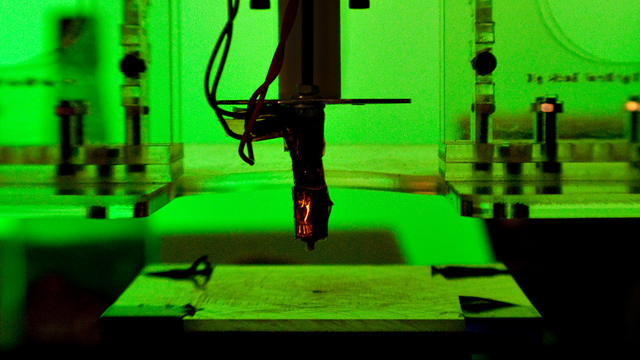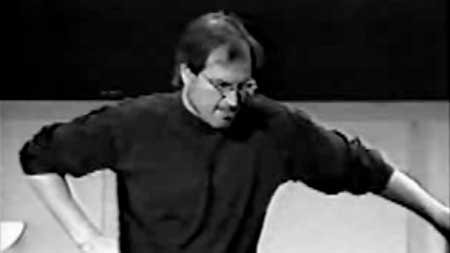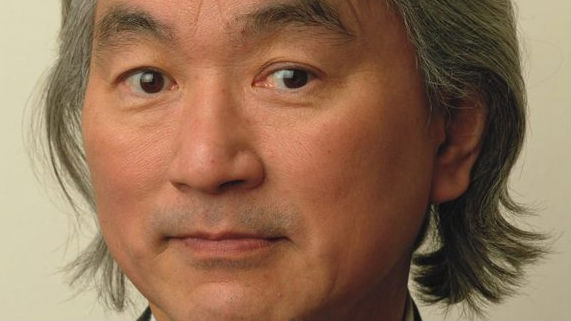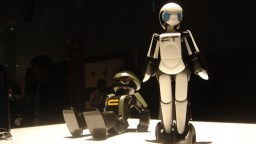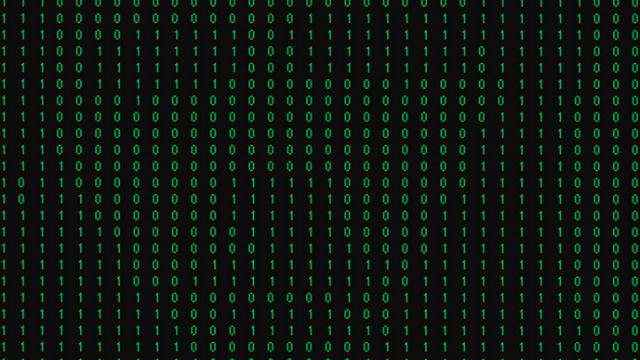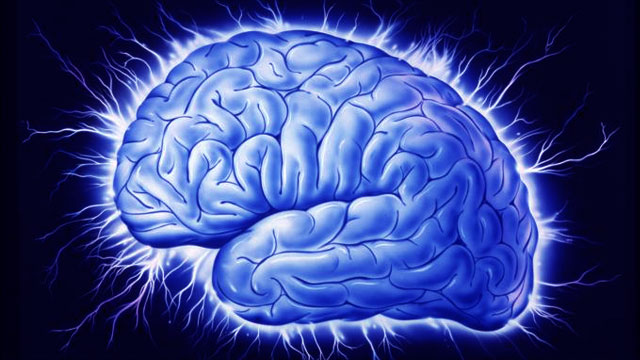GUEST POST WITH MANJULA KHANNA Our lives are techno-infused: the air is pregnant with possibility in an environment of constant connectivity and ever changing information. We use technology for almost […]
Search Results
You searched for: Computers
“Why aren’t there more women math professors? Or engineering professors, or physics professors, or professors of computer science or economics?” Is motherhood be to blame?
I’m getting more requests to come speak to groups. Here are 8 items that are indispensable to me as a presenter (click on each image for a larger version)… 1. Presentation remote […]
[cross-posted atnLeaderTalk] n In my post for LeaderTalk thisnmonth, I’m going to quickly address three ideas related to video games,nschools, and learning and offer a short wrap-up at the end… […]
Physicist James Kakalios, author of The Amazing Story of Quantum Mechanics, wants people to know what quantum physics has done for them lately.
Dr. Gary Marcus, a psychology professor at New York University, says we should develop a “Google-like” chip that could be implanted in our brains to enhance human memory.
As rapid prototyping technologies become more affordable and accessible, we could be creating more and more of the products we use every day in our homes.
“A new advance in recording and interpreting brain activity will open the door to machines that could record and play back your dreams,” say U.C.L.A. neurology researchers.
Here are my notes from Day 2 of the World Technology Summit. I’ve been hangin’ with Dr. John Nash, my colleague at ISU. Today we learned about India’s Barefoot College […]
“New technology could allow people to dictate letters and search the internet simply by thinking, according to researchers at Intel who are behind a mind-reading computer project.”
Over at USA Today, Dan Vergano’s Science Snapshop blog is one of the top places to track news about science research, science policy, and the connections between science and culture. […]
The New York Times website has a budget puzzle widget on it that allows you to decide what to do in order to reduce the budget deficit the United States […]
“To me, marketing is about values. This is a very complicated world, it’s a very noisy world, and we’re not gonna get a chance to get people to remember much […]
Physicist and Big Think blogger Michio Kaku is the closest thing the world has to real-life wizard. With his shocking white hair, he makes prophesies about fantastic technologies that science […]
Even if computer technology continues to double every 18 months—which is doubtful—we could put a chip in robots’ brains to shut them off if they start to get murderous.
▸
4 min
—
with
I went from the paintings, prints and poetry of John Lennon to the paintings and prints of William Tolliver in twenty four hours this weekend. Friday night, instead of parking […]
An introduction to Joomla was my birthday present to myself this year. If I had known the open source content management system was this good, I would have started using […]
“So far, so Minority Report.” The New Scientist heads to Los Angeles to investigate the development of gesture-based computing, a fun exercise intended for serious number crunchers.
No one has a crystal ball, but some predictions that I made in recent years are coming into sharp focus with every scientific advance. For starters, every year, more organs […]
Governments have been trying a lot of new tricks lately to get people to eat more healthily, from calorie-count labels to taxes on soda to banning fast-food outlets from whole […]
This is my final post in my series on outside consultants. Parts 1 and 2 highlighted two controversial consultants, Drs. Willard Daggettand Ruby Payne, to illustrate some possible issues of concern. […]
“Malicious activities like virus writing and hacking cost businesses globally more than a trillion dollars per year.” Al Jazeera asks who benefits from such crimes at a hacking conference in Hungary.
Consumers today are knowingly and unknowingly providing businesses with more data than they’ve ever been capable of collecting before. The analysis of this information could have profound implications for business.
“Research suggests that the telecom regulation approach that worked with a few large companies with aligned interests needs revisiting in the Internet age.”
“The fact that government is creating by far the most jobs for young educated workers is a signal of just how weak this recovery has been.”
NASA issued a news advisory earlier this week announcing that timed with a paper embargoed for publication at the journal Science, that the agency would be holding a news conference […]
Technology goliath IBM just released its top five predictions for the next five years. We agree with all of their sensible forecasts — with some additional thoughts. 1. Yes, You Too Can Be […]
We have long wanted to create a neuron-by-neuron map of the brain’s circuitry to give us a 3-D glimpse into its connections are, how they work and how the different […]
“The tools used by the commercial industry to detect our thoughts and brain states are very different, and somewhat limited, compared to those used in the research lab.”
“Did computerization create the Great Divergence?” Slate asks if the current American class divide was worsened by the emergence of computers and the 1990’s digital divide.


